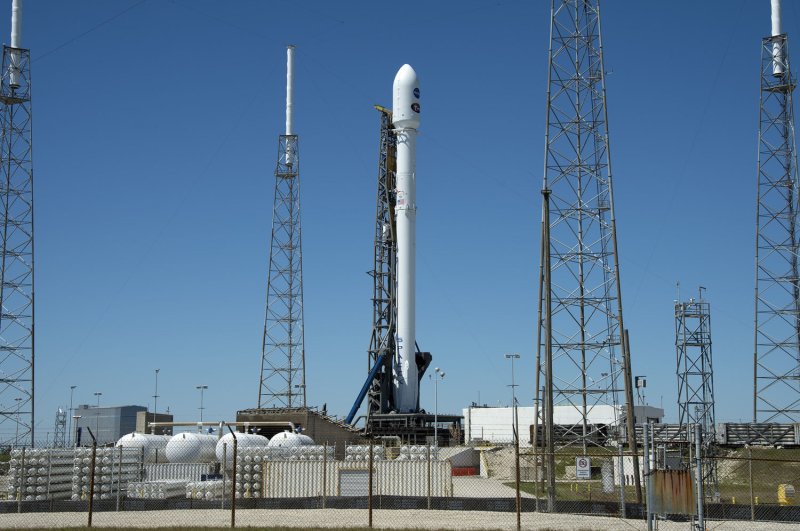April 16 (UPI) -- NASA and SpaceX officials scrubbed Monday's planned TESS launch.
"Standing down today to conduct additional GNC analysis, and teams are now working towards a targeted launch of @NASA_TESS on Wednesday, April 18," SpaceX announced on Twitter.















